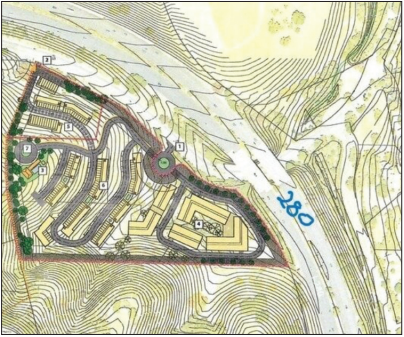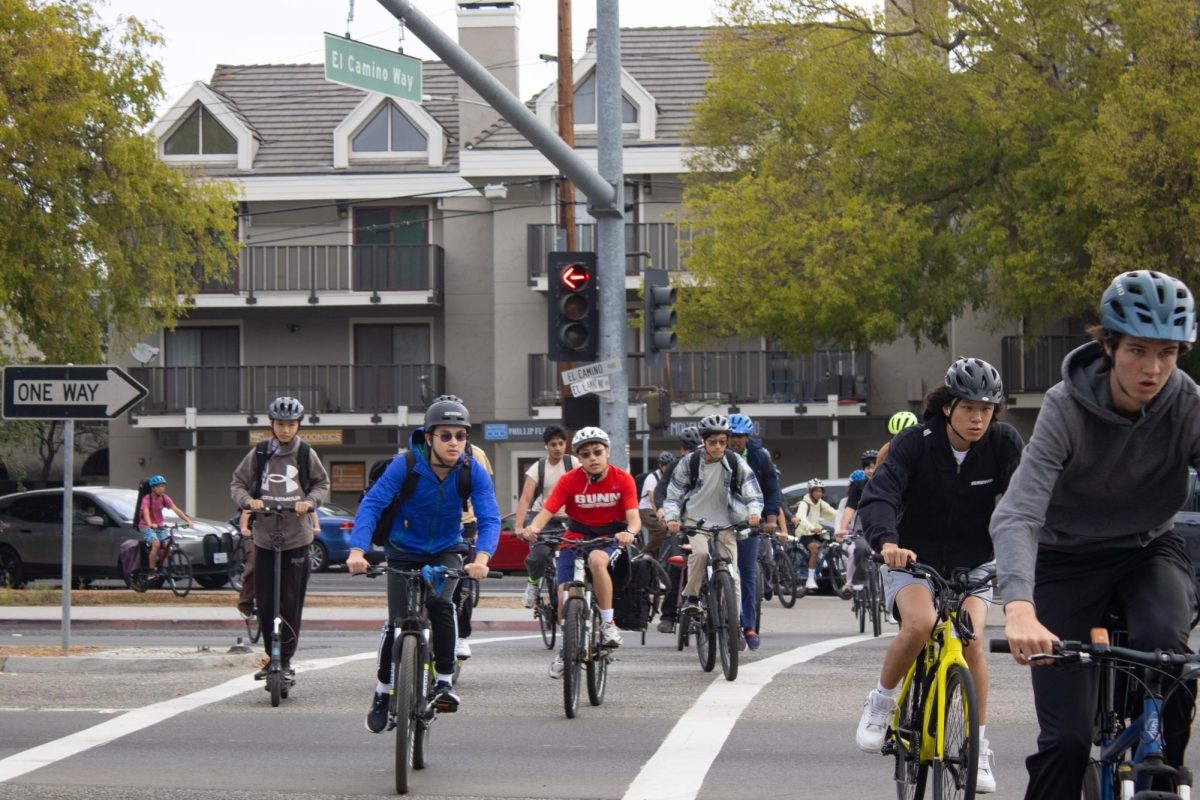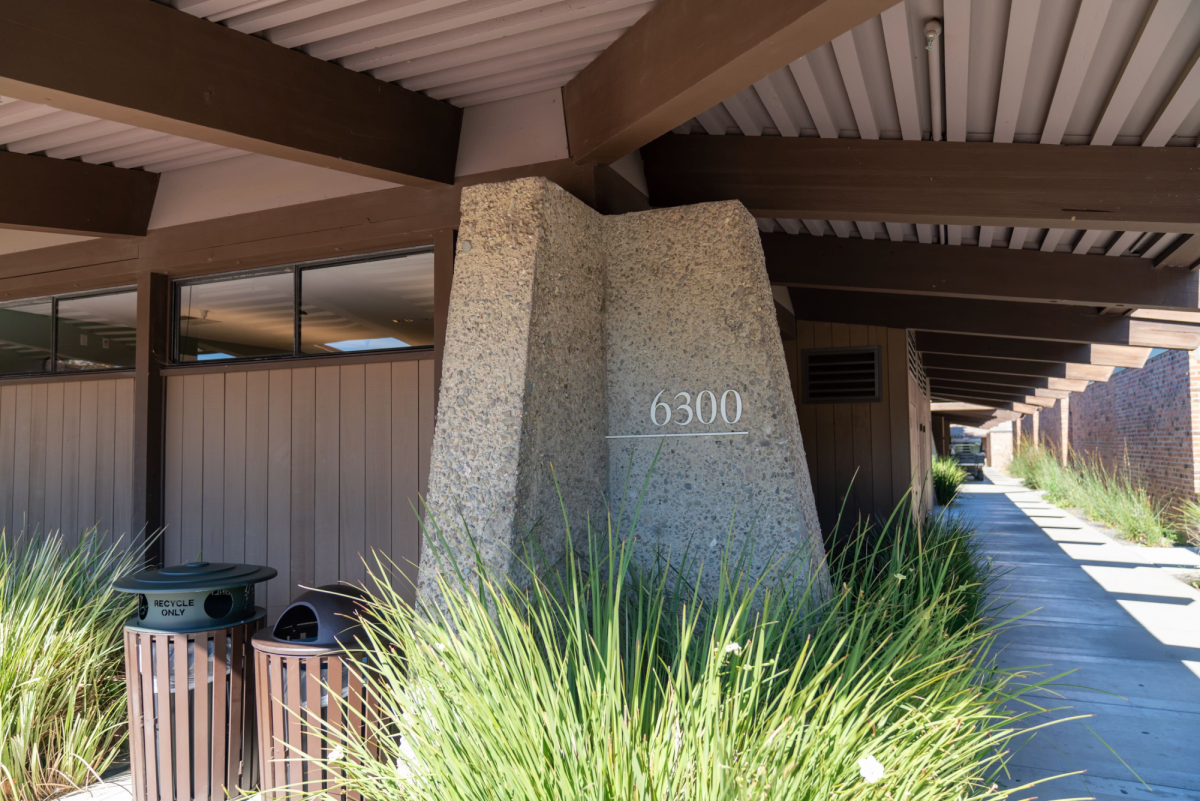Written by Alex Dersh
In a meeting on Jan. 14, the Challenge Success committee evaluated its chart of work goals and developed a list of potential action plans to achieve them. Members discussed the best strategies to take, such as designing accessible communication between stakeholders, assessing grading practices, guaranteeing face-to-face communication and promoting varied definitions of student success.
The committee is a team of parents, students and teachers formed to create specific goals and develop action plans to address academic culture and student stress. It is made up of tiered groups, including a core group that develops ideas and focus groups that give feedback. According to the committee’s charge, it meets frequently and is currently evaluating two goals: to “expand the culture of safety and empathy to de-stigmatize academic vulnerability, and celebrate diverse strengths and fluid definitions of success;” and to “design and maintain clear, timely and accessible communication systems that foster relationships, collaboration and informed decision making among students, staff and parents.”
The committee existed in a smaller form three years ago, but was reintroduced by principal Dr. Denise Herrmann in Spring 2015. Volunteer applicants who were passionate about the issues were accepted to join. The administration strived for gender and age parity, including students of all grades and a variety of parents and staff. Herrmann believes a diverse group of people is best to achieve committee goals. “My goal is that all three stakeholder groups— staff, students and parents—all contribute to improving learning and well-being for students,” she said. “I really believe that when you get a group of people together like this that there is wisdom in the group.” Herrmann sees the administration’s role in the team’s success as promoting the best possible solutions. “We’ve really been trying to work with that core group to make sure that every voice is heard and that we are really making thoughtful decisions about where to put our energy for change,” she said.
Having heard about the Challenge Success’s impact, parent Evan Lurie saw a chance to contribute to changing Gunn’s angle on stress and academics. “I think [local director Denise Pope] has identified an area where we have a lot of opportunity ahead of us to transform the schools that we’ve got today from institutes of ranking and competitiveness to institutes that actually promote learning,“ he said. Lurie sees the committee’s goal as crystallizing the potential students can reach in high school. “We need to be thoughtful about whether or not we’re trying to create students who are really good at memorizing material and eager to take in information or if we’re creating environments that really encourage thinking and reflection and a thirst for learning and knowledge,” he said.
Junior Gaby Candes joined the committee because she believes it is the best way to challenge definitions of success. Central to this is the creation of an academic “climate of care,” extending empathy toward people’s diversity. “Gunn is a very accepting and understanding place for people of different genders, identities, race and religion and sexuality,” she said. “You can be a lot of different things at Gunn, but it’s less acceptable to be a substandard student.”










